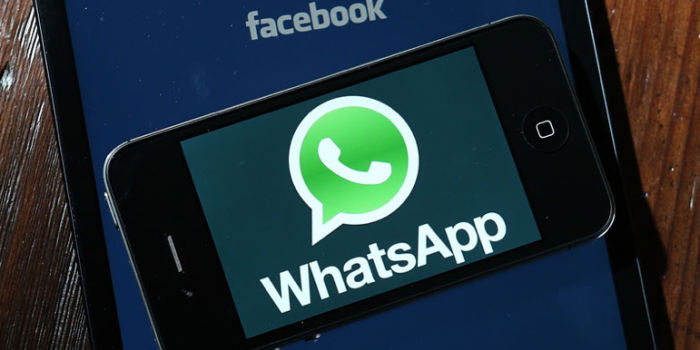
How Not-for-profit Content Marketing is Breaking New Ground
The BBC made headlines this week when it launched a new account on free messaging app WhatsApp to update people with the latest information about Ebola.
The service is aimed at reaching people in West Africa, the region at the heart of the deadly Ebola health crisis that has critically already witnessed over 8,000 deaths.
To many, it may have initially seemed like an odd platform for the BBC to choose. It might be owned by Facebook but WhatsApp doesn’t exactly strike you as the obvious channel for breaking potentially life-saving news and crucial information.
That’s until you consider that WhatsApp, which has passed 500 million users globally, is the most popular chat app in the West African region.
WhatsApp is a messaging app that provides a free alternative to texting, letting users swap text, pictures and audio clips, as well as set up group chats. It’s easy to see why it is so popular, and such a potent lifeline, in crisis torn and poverty-stricken West Africa.
What better way to deliver the kind of content to end-users that could, ultimately, save thousand upon thousand of lives than via their most frequently used and free-to-use mobile platform?
The BBC is not paying WhatsApp anything to use the platform either — it’s sending out messages just like any other WhatsApp user would, and those who add the service to their contacts will get those messages and, crucially, access to group chat free of charge. Campaign amplification cost free.
The BBC Ebola updates keep users abreast of the latest developments with the health crisis in West Africa but also educate people the in region.
And as the BBC already has the trust of millions of people in the affected countries, those regular drops of timely information via the app means the message gets through and is taken seriously.
The BBC isn’t the first, and clearly in light of the successes their WhatsApp initiative is having, won’t be the last not-for-profit to use timely Content Marketing to achieve positive ends.
Great content marketing doesn’t always have to be about big brands and their bottom line.
Google knows this and, in its Penguin 3.0 update this week, went even further in rewarding ‘relevant’ content and punishing lazy, unaligned or contrived content. It’s never been clearer that Google wants to reward with better rankings, both for-profit and not-for-profit organisations that generate real editorial coverage using great content from real relationships.
So, if you’re a not-for-profit organisation, there’s never been a better, or more digitally rewarding time to push your content marketing button harder than ever.
Non-profit organisations, charities for example, have been using this type of marketing for years.
While content marketing products take the form of annual reports, custom magazines, print or online newsletters, blog posts, articles, success stories, whitepapers, webcasts & webinars, podcasts, video, in-person events, eBooks, research reports and email – those utilities are all bread and butter for any not-for-profit group.
What the BBC WhatsApp example, and others like it, is proving more and more is that it’s not just about doing content marketing; it’s about doing it brilliantly and pushing the boundaries.
For not-for-profits, it is critical that they are visible online – it’s how most people will connect with them in 2014. And useful, shareable, engaging content is what gets people talking about and sharing those initiatives. It’s a not-for-profit’s lifeblood.
Content marketing, as the BBC proved this week, can not only transform futures, it can save lives.
Want more information? Contact us here
